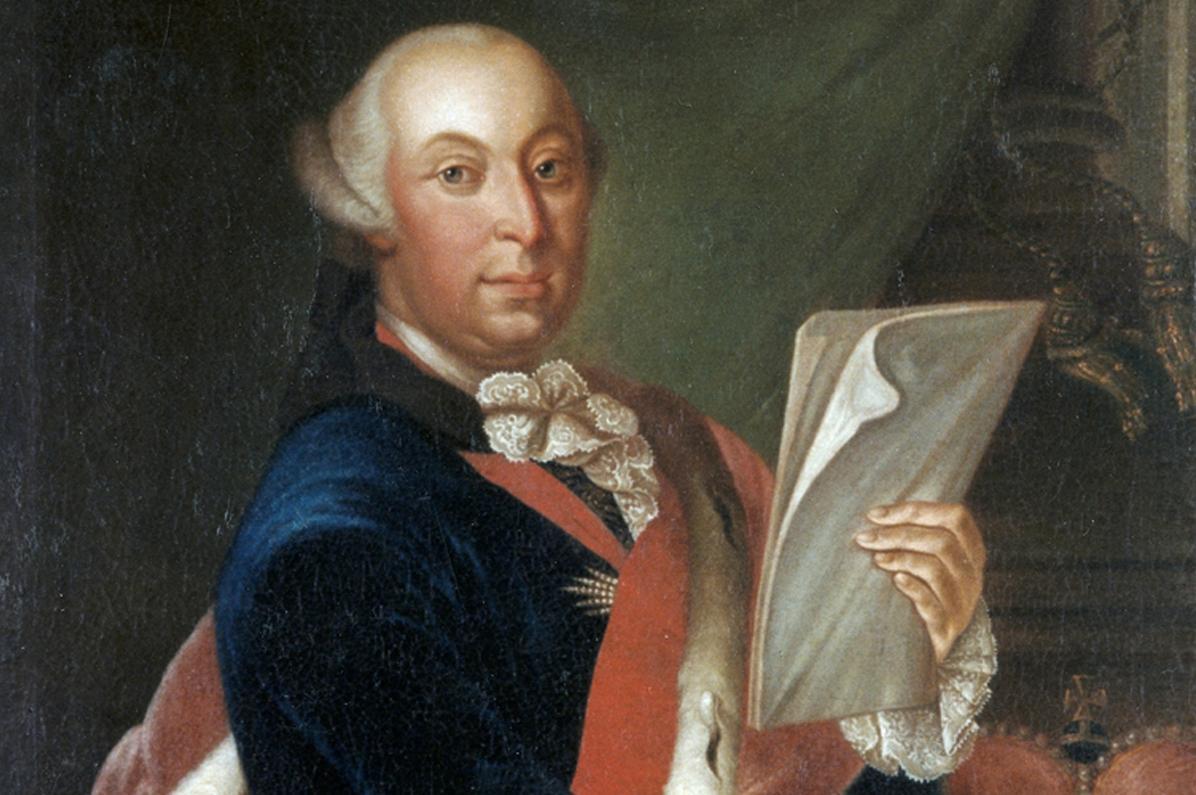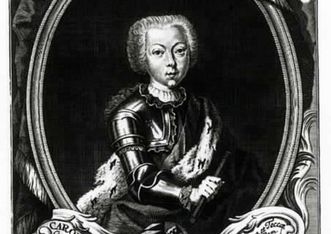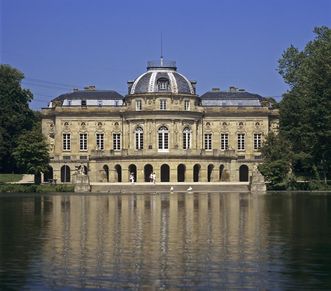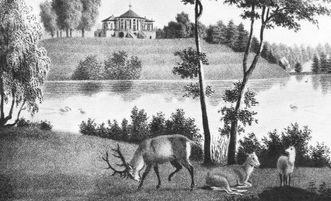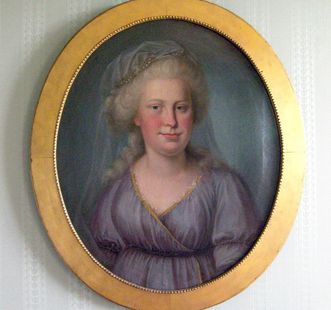When did Carl Eugen assume the throne?
After the early death of his father, Carl Eugen was declared of age when he was only 16 year old. In 1744, he ascended the throne of the Protestant Duchy of Württemberg as a Catholic sovereign. Even an experienced successor would have found ruling in these circumstances difficult. Disagreements and domestic political disputes were a given.



